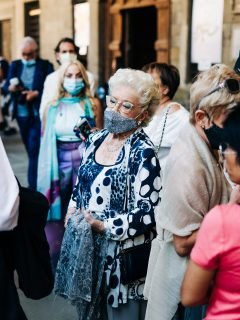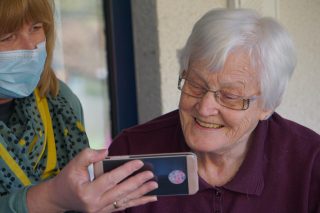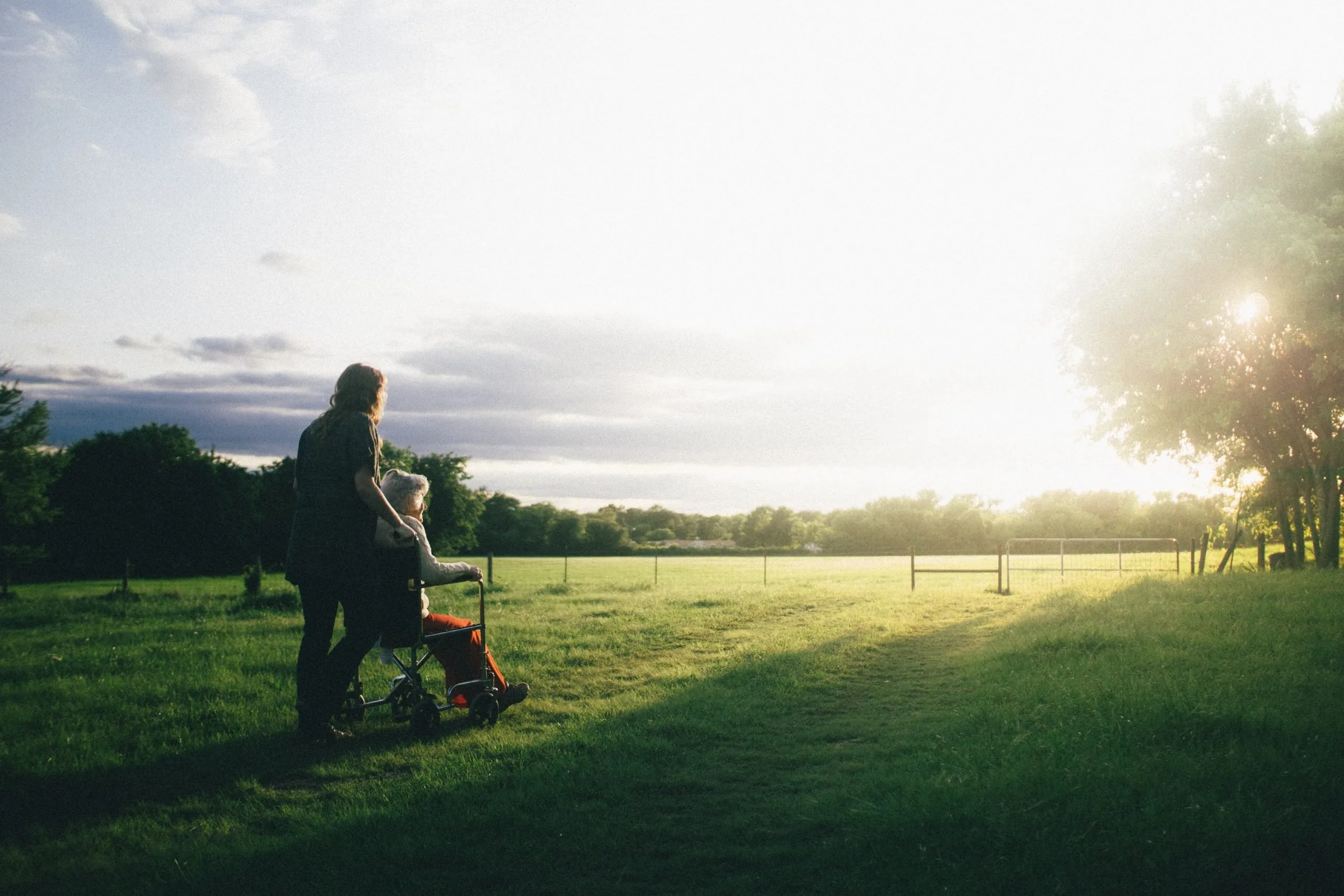We all know that seniors are the most vulnerable sector for COVID-19. Thus, home care facilities should not be neglected. How do we protect our seniors and keep home care facilities safe?
Australia is now opening up its economy and easing restrictions. However, continued restrictions will have to remain in the aged care provider.
Safety In Home Care Facilities During COVID-19
Wearing Masks
Wearing masks is mandatory if residents need to leave their rooms. Even medical staff and other health care workers should always wear masks. Support staff to the residents should also wear masks.
Visiting Restrictions
Australia is limiting visits in accordance with the Australian Health Care Protection Committee’s advice for residential aged care sites.
Also, there will be no large group visitations. There will also be no excursions externally. The following are not allowed to visit:
- came from another country within the past 14 days
- was in contact with a positive COVID-19 patient in the past 14 days.
- feeling unwell, with fever or symptoms like cough, sore throat, runny nose, and shortness of breath
- no flu vaccination for 2020
Close family and relatives can now visit the residents. But, those who can only be allowed to visit are those who have had influenza vaccination. Children can now visit provided they too have had influenza vaccine.

Photo by Gabriella Clare Marino on Unsplash
Service providers like hairdressers, therapists, health professionals can now also visit. But they can only do so if the service cannot be done via telehealth or video calls. Or if the resident cannot go to an external facility to avail of the service needed.
Visitors should adhere to strict protocols. Always supervise children. Physical distancing and personal hygiene are musts. Hand-washing and using hand sanitizers or alcohol should be done always. If a person coughs, cough into the elbow or a tissue. Throw tissue right away. Reminders or signs or protocols for visitors should be very visible.
Visitors are limited to 2 at any given time per resident. The visit can be done only in the room, outdoors, or in designated areas. There should be no visitors in communal areas exposed to other residents.
All visitors should provide details of their current health status. They also need to undergo a screening process before entering the facility. Visitors are also asked to wash their hands before entering and leaving the area.
Gatherings
Residents can still gather around communal or outdoor areas. However, there is a limit to the number. Physical or social distancing should also be practiced.
Residents can still go out and attend family events. But they can only attend small gatherings. This includes friends, partners, relatives, or families who live in a facility. Risks should be assessed. Details as to whereabouts should also be recorded.
Keeping in Touch
Residents are encouraged to keep in touch via phone or video calls. In this critical pandemic time, the last thing that we want is to make our seniors feel lonelier. We do not want them to feel isolated. This is not good for their mental health. Stress, depression, and anxiety can affect their physical well-being. Hence, it is important to ensure that they feel loved and cared for. Connection with the outside world via phone or video calls can help a lot.
Other ways to keep in touch are through chat applications or social media. The sharing of photos and videos of family and relatives is encouraged. Even postcards can also be sent to the resident or at their palliative care home.
Developing symptoms or getting sick from COVID-19

Photo by Georg Arthur Pflueger on Unsplash
Despite stricter measures being undertaken, COVID-19 can still affect home care facilities. If the symptoms of COVID-19 are seen, the resident should already be isolated from others. Even if this is a minor cough, they will have to be isolated from the rest of the residents. They are also not allowed to accept visitors.
But fret not. Health care workers and staff at the home care facility will continue to care for and support the residents.
Admissions from Other Health Care Facilities
Before admission, strict active screening of COVID-19 should be enforced. Residents who are sick with COVID-19 or have symptoms are not allowed to be admitted. Prevention of COVID-19 spread from outside is a priority.
Emergency leave
Emergency leave can be used by permanent aged care residents. Given its name, it is only used for real emergencies. COVID-19 is considered an emergency by the Australian government.
Home Care Facility Staff
Support staff caring for the residents should take extra care of themselves. Management also needs to ensure the safety of their entire staff. After all, they are supporting vulnerable senior citizens.
Close monitoring of the staff should be done. There should be regular temperature checks. Screening before entry should also be strictly followed. Reminders and signs of the protocols should be placed for staff to see.
The staff needs to declare if they feel any symptoms of COVID-19. Symptoms are fever, cough, sore throat, runny nose, and shortness of breath. If they feel any of this, they should report it immediately to management. The staff should be isolated right away. Sick leave policies apply.
Prevention of COVID-19 Spread
Everyone at the aged care provider is encouraged to practice good hand hygiene. Ensure frequent washing of hands with soap and water. This should be done most especially before and after eating and going to the restroom. Coughing or sneezing should only be done onto the elbow or a tissue. Throw this in immediately. Lastly, always practice physical distancing of at least 1.5 meters.
Want to know more?
Proper nutrition is essential for an aging person. Every caregiver ought to ensure he/she provides just the right food to seniors. Here’s what every caregiver should know when it comes to nutrition for seniors.





![women [longevity live]](https://longevitylive.com/wp-content/uploads/2020/01/photo-of-women-walking-down-the-street-1116984-100x100.jpg)










